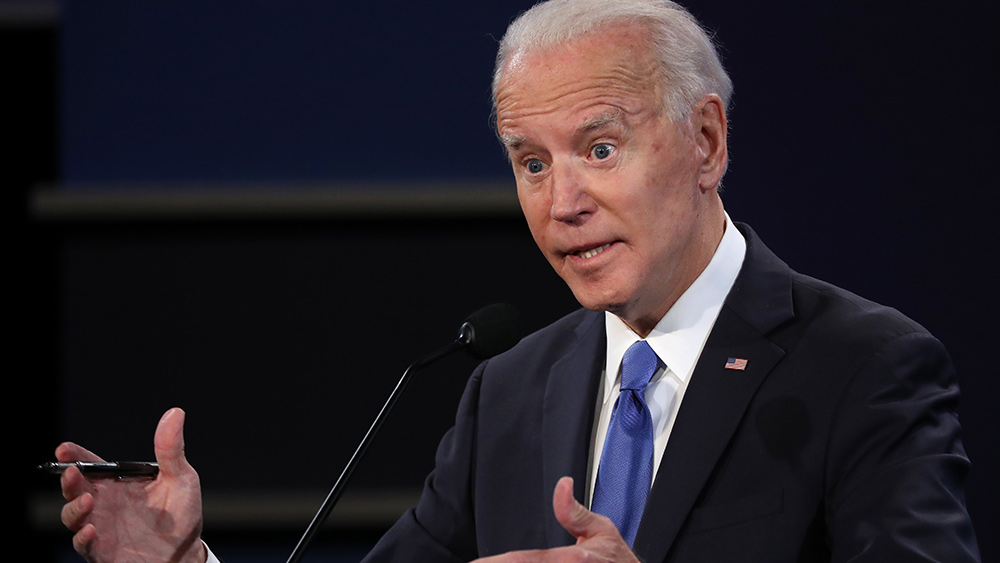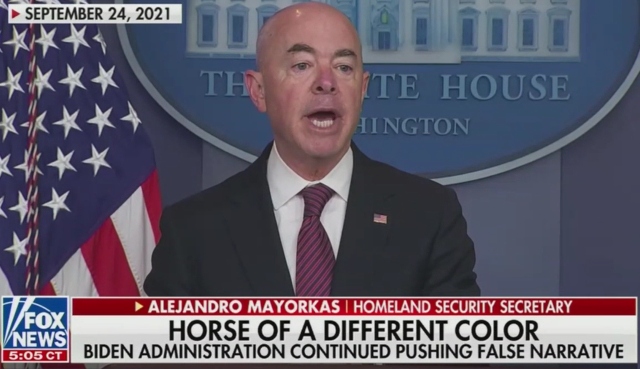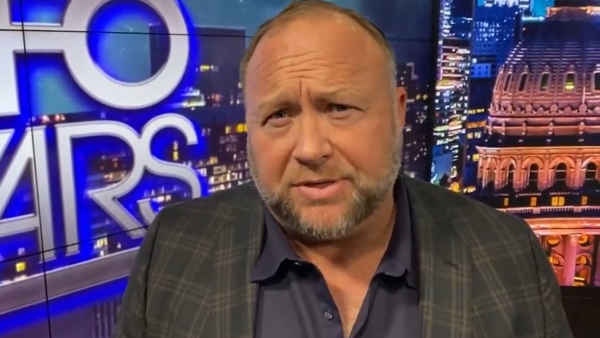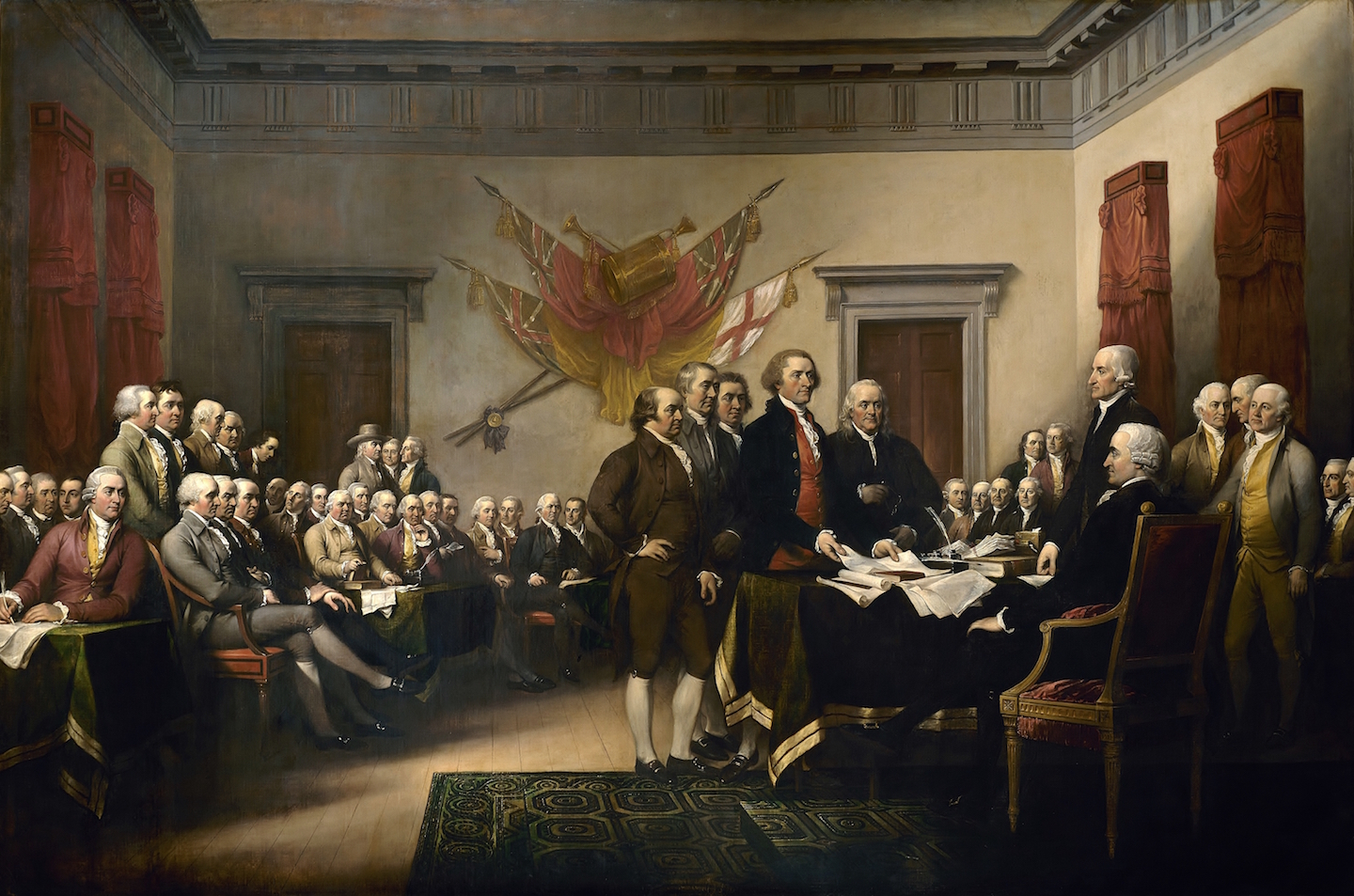JP Morgan cancels religious nonprofit’s checking account, demands donor list as condition for reconsideration
10/18/2022 / By News Editors

JPMorgan Chase & Co reportedly canceled the account of a religious nonprofit organization for unexplained reasons, and said it would only reconsider the decision if the group provided its donor list, and a list of political candidates it intended to support.
(Article by Debra Heine republished from AMGreatness.com)
The National Committee for Religious Freedom (NCRF) launched on January 18, 2022 “to defend religious freedom for all Americans and all their religious communities by supporting political candidates at the local, state, and national levels—regardless of party affiliation—who support the free exercise of religion,” according to its website.
“Religious freedom is a cornerstone of America’s constitutional democracy and was at the heart of America’s founding,” said CCRF founder Sam Brownback in January. “We are creating the National Committee for Religious Freedom to uphold this fundamental right, so revered by our Founders, by providing a critically needed political response to the ongoing attacks, in law and culture, on America’s First Freedom. ”
In a post at Restoring America, Brownback, a former Republican U.S. senator and governor from Kansas, said that CCRF is “diverse” and “bipartisan,” and represents “people from every faith and walk of life. Its Advisory Board, he noted, “includes members who are Christian, Hindu, Jewish, Latter-Day Saints, and Muslim.”
Brownback served as the United State’s Ambassador-at-Large for International Religious Freedom under former president Trump from February 1, 2018 to January 20, 2021.
After establishing the NCRF as a 501(c)(4), Brownback said he and his executive director chose to open a nonprofit business checking account at JPMorgan Chase & Co “because of its national footprint and the multigenerational banking relationships our team had with the bank.”
He described his initial experience with the bank as “very positive,” but three weeks after opening the account, they received a letter notifying them that Chase had decided to “end their relationship” with the NCRF and that the account would be closed.
Brownback said the bank actually closed the account before they received the letter.
We were surprised at being canceled by Chase. When our executive director called to see if this was an error, he was informed that “a note in the file read that Chase employees were not permitted to provide any further clarifying information to the customer.”
Why the cancellation ? Why the secrecy and lack of transparency? Why was Chase hiding its reasons and intentions for closing the account of a client that seeks to serve the public good and defend religious freedom for every person in America? After all, in the words of the bank’s CEO, religious freedom is a core value that forms part of the fabric that binds us together as a country. So why cancel an organization that exists to protect the most foundational of core American values?
Brownback said his organization was able to open a new account at a different bank, but not before Chase’s action “triggered a chain reaction that led to other financial service accounts being closed and caused the fledgling organization to experience unexpected operational and financial challenges.”
The decision to cancel the NCRF was described by multiple Chase employees as one from the “corporate office.”
It was initially explained to us by someone at the Chase corporate office that the decision was final and nonrevocable.
To this day, the NCRF does not have a clear reason as to why our account was closed after only three weeks. We certainly hadn’t made any transactions in that short amount of time that would have triggered any regulatory red flags.
Brownback said that he was “shocked and surprised” to learn that “someone from Chase eventually reached out to our executive director and informed him that it would be willing to reconsider doing business with the NCRF if we would provide our donor list, a list of political candidates we intended to support, and a full explanation of the criteria by which we would endorse and support those candidates.”
He argued that the demands for “this type of information” was “entirely inappropriate,” and unfortunately, not the first time a religious organization “has found itself facing sudden and unexplained account closures.”
“Does Chase ask every customer what politicians they support and why before deciding whether or not to accept them as a customer?,” he asked.
Religious institutions, houses of worship, and people of all faiths should be greatly concerned that their business, credit, or even personal or private bank accounts could likewise be terminated for any or no reason at all.
Since finding ourselves chased away, we have begun to investigate if other organizations, public or private, have received similar cancellation letters from their financial service providers. The National Committee for Religious Freedom has launched a #ChasedAway campaign to invite comments and testimonies from others who may have found themselves canceled by financial institutions.
In response to a tweet about this story, Senator Josh Hawley (R-Mo.), who sits on the powerful Senate Judiciary, Armed Services, and Homeland Security committees, said simply, “what?”
What? https://t.co/erqRKxaV4h
— Josh Hawley (@HawleyMO) October 13, 2022
Hawley’s office did not immediately respond to American Greatness’ request for further comment.
Read more at: AMGreatness.com
Submit a correction >>
Tagged Under:
banned, Censorship, conspiracy, deception, freedom, insanity, JP Morgan, Liberty, National Committee for Religious Freedom, NCRF, nonprofit, privacy watch, Sam Brownback, Suppressed, Tyranny
This article may contain statements that reflect the opinion of the author
RECENT NEWS & ARTICLES
COPYRIGHT © 2017 PENSIONS NEWS



















